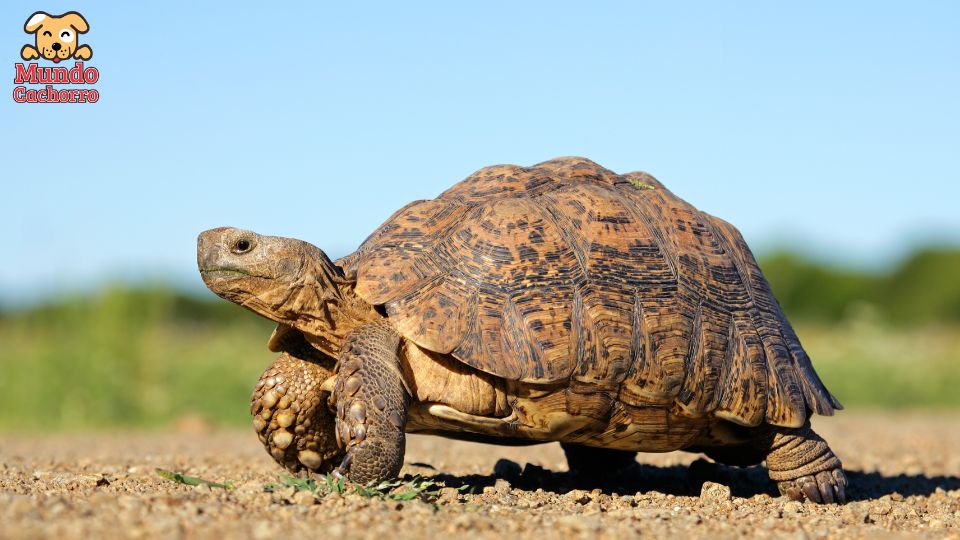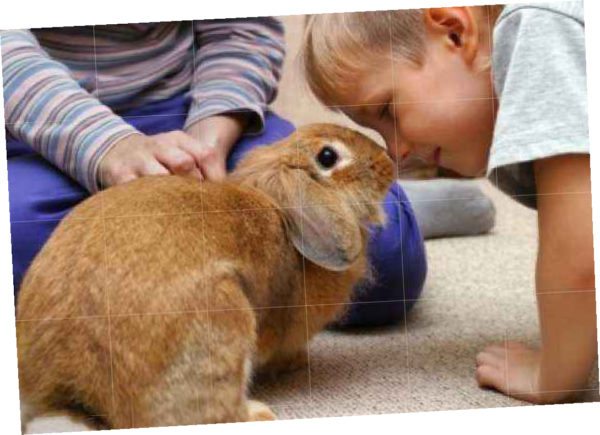When it comes to choosing the perfect pet for young children, many families consider turtles to be a particularly attractive and beneficial option.
While dogs and cats are often thought of as the most common and preferred pets, turtles, on the other hand, can offer a number of specific advantages that are especially valuable for growing children.
From effectively teaching responsibility to providing a calm and highly educational companion, here are some key reasons why turtles make excellent pets for young children.
Indice
Why turtles are good pets for young children
Advantages for young children
Ease of care:
Turtles are relatively easy to care for, making them an ideal choice for young children and their families. They require a suitable habitat with a tank or terrarium, clean water for swimming and drinking, as well as a balanced diet that includes vegetables, fruits and occasionally protein such as insects or fish. Once the right environment is established, daily maintenance is minimal.
Learning about nature:
Keeping a pet turtle can be a great way to teach children about nature and animal care. Children can learn about aquatic life, the importance of the water cycle and how to create a healthy habitat for turtles. In addition, caring for a pet teaches them responsibility and empathy towards other living beings.
How to make a balanced diet for a land tortoise
Quiet company:
Turtles are quiet, peaceful pets that can provide comforting companionship for young children.
Unlike dogs and cats, which can be more active and energetic, turtles tend to move at a more leisurely pace.
This tranquility can be especially comforting to children who prefer or need a calm, steady presence in their environment.
Development of motor skills:
Interacting with a turtle can also play a crucial role in developing fine motor skills in young children.
Activities such as feeding the turtle or cleaning its habitat involve the use of small objects that require precision, which helps children improve their hand-eye coordination and develop manual dexterity in a fun and educational way.
How to care for your turtle’s eggs
Stimulation of curiosity:
Turtles are fascinating creatures that can spark children’s curiosity about the natural world around them.
Observing turtle behavior, their unique way of moving and how they explore their environment can inspire children to ask questions and encourage inquiry and learning about wildlife and biology.
Longevity:
Turtles are known for their longevity, which means they can accompany a child through many stages of life.
This longevity can offer children the opportunity to establish a lasting bond with the pet, teaching them about long-term commitment and responsibility in caring for a living being.
Reduced risk of allergies:
Unlike some mammals such as dogs and cats, turtles often represent a safer option for children with allergies to furry animals.
This allows even children with allergic sensitivities to enjoy the company of a pet, avoiding concerns related to possible allergic reactions.
How to care for your turtle’s eggs
Wonderful companions
In short, turtles can be wonderful and educational companions for young children. They offer benefits ranging from teaching responsibility to stimulating interest in nature. However, it is important to remember that proper care of a tortoise requires commitment and continuous attention from adults, making sure to provide a healthy and stimulating environment for pet and child alike.








